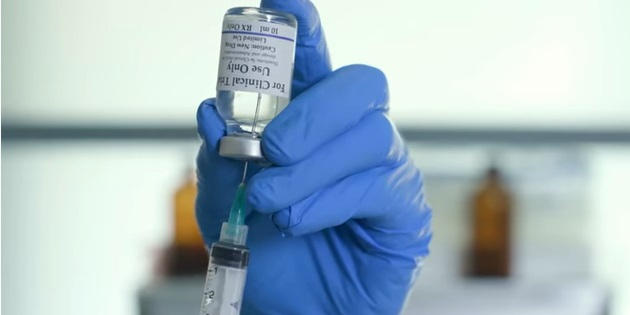As the coronavirus or COVID-19 cases continue to spread worldwide the second Russian vaccine for the deadly disease created by the State Research Center of Virology and Biotechnology 'Vector' gives immunity against the virus for at least six months. If required the vaccination can also be repeated, the chief of the center's zoonotic infections and influenza section, Alexander Ryzhikov informed on Thursday.
"The vaccine is built in such a way that it has no restrictions on repeat vaccination. It does not create lifelong immunity, which is good. It forms a targeted immune response, and there is no need to worry about the long-term effects of revaccination," he said
"Immunity formed by this vaccine is enough for at least six months. In the future, revaccination is possible, the vaccine's contents do not contradict that," he added during a live feed on social media platform Instagram organized by the Russian consumer rights watchdog, as reported by TASS.
Second Russian Vaccine

The expert also mentioned that the vaccine forms an immune response among a wide variety of the types of coronavirus. The Vector Research Center got the approval of the Russian Health Ministry to conduct clinical trials of the vaccine on the volunteers on July 24.
The first volunteers received the vaccine shot on July 27. On Monday, the head of the Russian consumer rights watchdog Anna Popova confirmed the clinical trials of the coronavirus vaccine developed by the Vector Research Center will conclude on September 30 following which the post-registration trials will start.
In the month of August, Russia also registered the first vaccine that it claimed to be successful against the virus. Experts around the world raised their concerns regarding the safety and efficacy of the vaccine named Sputnik as it did not undergo proper trials. In recent times, the vaccine after several tests has been showing a positive response against the novel virus that has infected more than 29.8 million people globally in over 170 countries. An effective vaccine, according to most of the experts around thwe world, is expected to be ready by the first quarter of 2021.









